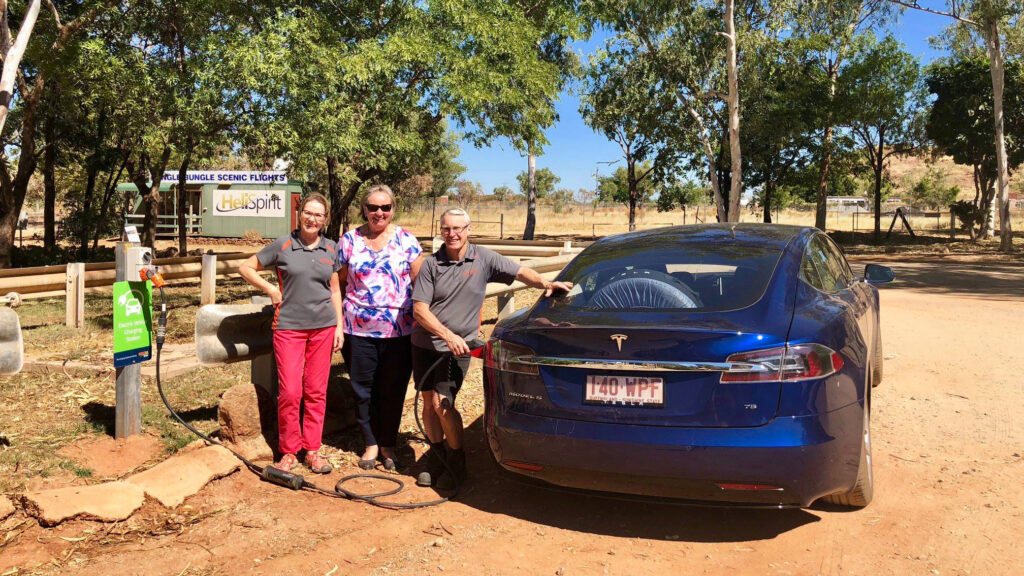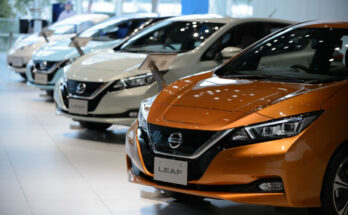Once drivers switch to electric vehicles, they never want to go back to ICE (Internal Combustion Engine)-powered cars. A recent survey conducted by the Global EV Alliance reveals that over 90% of EV owners intend to purchase another electric vehicle after trading in their ICE car, with only 1% saying they would return to an internal combustion engine vehicle.
The study, which surveyed more than 23,000 EV drivers from 18 countries—including the US, Canada, France, India, and Brazil—highlights a strong preference for staying electric.

According to the findings (via Bloomberg), 92% of respondents plan to buy another EV, while just 1% would switch back to an ICE-powered car. An additional 4% said they would opt for a plug-in hybrid (PHEV). The top reason cited for preferring EVs is lower operating costs (45%). Other key factors include their climate benefits (40%), better local environmental impact (32%), improved driving experience (21%), and lower maintenance costs (18%).
If anyone has experienced driving an electric vehicle, the reasons are clear. The quiet, seamless ride is unmatched, even by the most advanced ICE-powered cars. Add to that the minimal operating and maintenance costs, and it’s easy to see why EV drivers rarely consider switching back. Not to mention there is no need for fuel, oil, and other fluids in EVs compared to traditional vehicles.

Moreover, electric car manufacturers are claiming that within the next two years, the price of EVs will become cheaper than most ICE or hybrid cars due to the rapidly decreasing prices of EV batteries. The battery is the most expensive component of an electric vehicle and the primary driver of its higher price. If battery costs decrease, electric vehicles will become more affordable and accessible to the masses. This is especially significant since EVs are inherently simpler, easier, and cheaper to manufacture compared to conventional ICE and hybrid vehicles, which rely on thousands of complex parts and advanced engineering.
Related: Why EVs Are a Threat to Conventional Automakers and the Spare Parts Business
The future of ICE cars looks increasingly bleak, especially for legacy automakers that opposed the shift to EVs. As electric vehicles have created opportunities for new entrants, including tech giants, to disrupt the automotive industry, traditional automakers face the challenge of reinventing themselves. If they fail to adapt quickly, many could find themselves out of business within the next decade.

A computer animation professional with over 23 years of industry experience having served in leading organizations, TV channels & production facilities in Pakistan. An avid car enthusiast and petrolhead with an affection to deliver quality content to help shape opinions. Formerly written for PakWheels as well as major publications including Dawn. Founder of CarSpiritPK.com




